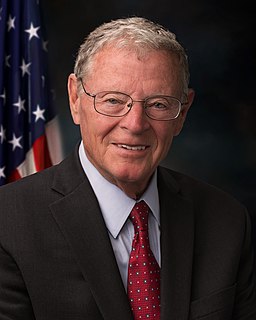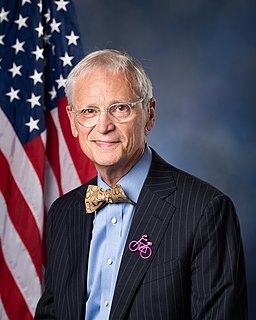A Quote by Noam Chomsky
Arab public opinion does not regard Iran as a hostile entity. In fact it's so supportive of Iran that a majority would think the place would be better off if Iran had nuclear weapons. The main enemies are the United States and Isreal, in the 80, 90 percent range.
Related Quotes
Iran has been calling for it for years, and the Arab countries support it. Everyone except the United States and Israel support it. The U.S. won't allow it because it means inspecting Israel's nuclear weapons. The U.S. has continued to block it, and in fact blocked it again just a couple of days ago; it just wasn't widely reported. Iran's nuclear program, as U.S. intelligence points out, is deterrent, and the bottom line is that the U.S. and Israel don't want Iran to have a deterrent.
I do believe that the very tense relationship between the United States and Iran presents a challenge to the United States. But to discuss Iran as that type of a threat I find somewhat unconvincing, mindful of the fact that Iran actually doesn't have those military capabilities that would be needed to refer to it as that type of threat.
Iran's Supreme Court has issued a fatwa against the development of nuclear weapons. President [Hassan] Rouhani has indicated Iran will never develop nuclear weapons. I've made clear that we respect the right of the Iranian people to access peaceful nuclear energy in the context of Iran meeting its obligations.
By accident of geography, the world's major oil resources are in Shi'ite-dominated areas. Iran's oil is concentrated right near the gulf, which happens to be an Arab area, not Persian. Khuzestan is Arab, has been loyal to Iran, fought with Iran not Iraq during the Iran-Iraq war. This is a potential source of dissension. I would be amazed if there isn't an attempt going on to stir up secessionist elements in Khuzestan.
In the United States, Iran is nothing but a whipping-boy. Few Americans have any real use for Iran. Most of us, what we know and remember about Iran are things like the hostage crisis in 1980, or they think about the Iranian attacks in Lebanon, or on the Khobar Towers. So you don't get a whole lot of political mileage in the United States by going out and advocating better relations with the Iranians.
We support any deal that denies Iran nuclear weapons, that has a continuous and robust inspection mechanism and that has snap-back provisions in case Iran violates the agreement. Our concern is that Iran will use the income it receives as a result of the lifting of the nuclear sanctions in order to fund its nefarious activities in the region.



































